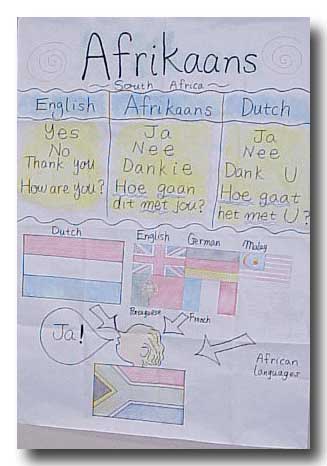
Today, I'm going to tell you the difference between Christmas and New Year's Day in Japan and the USA. We celebrate New Year's Day mostly from January 1 till around January 3 in Japan. Actually, we can celebrate it until January 15, but mostly we do special things by around January 3. Here, we celebrate New Year's Day like Americans do Christmas. All the relatives get together and spend time together.
We also celebrate Christmas in Japan, but Christmas is more for friends or boyfriends and girlfriends in Japan. But if the family has children, they celebrate it together and kids get presents. But they mostly get presents from only Santa Claus, not from parents like in America.
In the same way as Americans have special dishes for Christmas, we also have special dishes for New Year's Day. We have dishes called "osechi", "ozouni" and "mochi" on New Year's Day. We eat osechi during January 1 &endash; January 3. Since the dishes look gorgeous and can last for a while during New Year's Day, mothers used to make it before so that they had less cooking on New Year's Day. Osechi has many different side dishes, candied chestnuts, boiled fish paste, herring roe, boiled shrimp, and kombu seaweed. Mochi is pounded sticky rice and Ozouni is soup which contains mochi and vegetables.

I'm going to talk about a language which is used in South Africa. The language is called "Afrikaans". People say that it is similar to Dutch. For example, a word like "yes" in English is said "Ja" in Afrikaans and also in Dutch. Even a little longer sentence "how are you?" has similar Dutch words in it. It is also said that Afrikaans is similar to English, German, French, Portuguese, Malay and some African languages.
During the 17th century Dutch immigrants brought the Dutch language to South Africa. Those Dutch immigrants who moved to South Africa were called the Boers. They were farmers who settled in the Southern part of Africa. There were also other European settlers and they established the Afrikaner or Boer community together. Soon all ties between the Boers and the Netherlands were cut off.
People started recognizing Afrikaans as a different language from Dutch since the end of 19th century, but Afrikaans was just the spoken language and Dutch was the formal and written language still then. But today it is one of the 11 official languages in South Africa. 15,1% of the population of the South Africa, which are mostly Europeans and Coloreds, use Afrikaans in South Africa. Also Afrikaans is spoken in the Republic of Namibia.